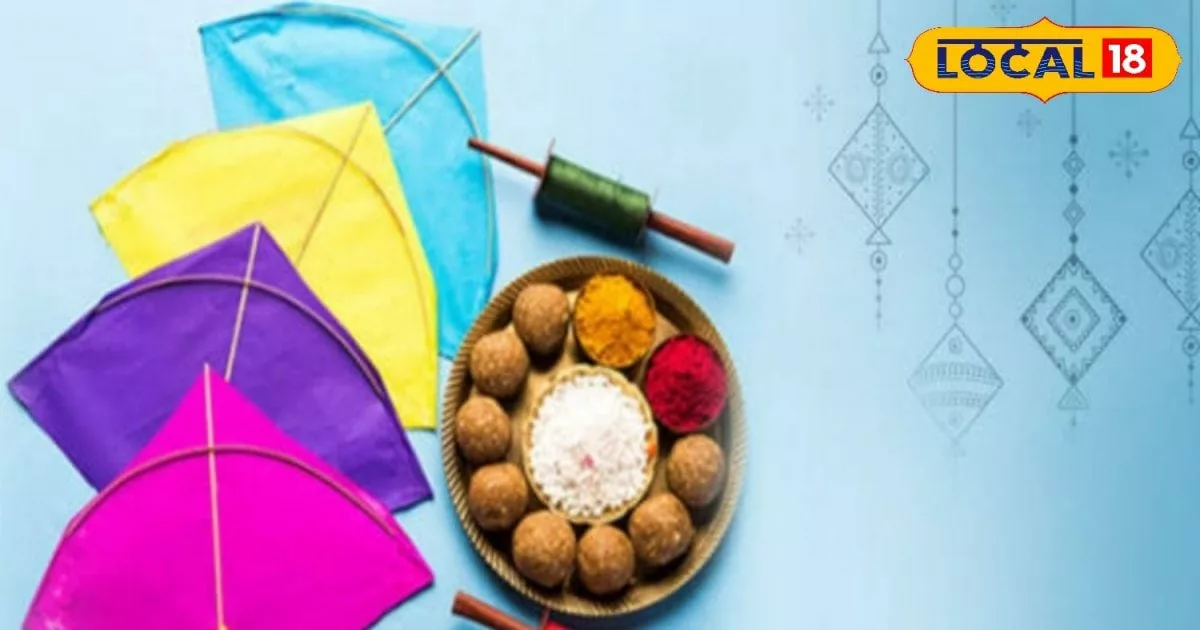Gulshan Kashyap, a resident of Jamui, Bihar, explains the significance of Makar Sankranti in the state. During this festival, there is a tradition of applying a tilak and mothers give their sons til, gud, and rice while taking a vow from them. However, there is a tradition during Makar Sankranti that excludes daughters. They are neither included in this tradition nor made a part of it.
According to Pandit Pradeep Acharya, after marriage, daughters become a part of another family. On the day of Makar Sankranti, there is a tradition of applying a tilak in the house and offering til, gud, and rice to the family deity. Mothers perform this tradition with their sons and daughters-in-law, but daughters are kept away from it. It is believed that after their marriage, daughters go to their in-laws’ house, while sons stay with their parents throughout their lives.
The reason why daughters are not included in this tradition, according to Pandit Pradeep Acharya, is that after going to their in-laws’ house, they do not live with their parents anymore and become a part of another family. In this case, this tradition can be performed with them in their in-laws’ house, but mothers do not perform this tradition in their daughters’ house, which is why daughters are kept away from it.
जमुई, बिहार में मकर संक्रांति का त्योहार खास महत्व रखता है। इस दौरान तिलकट भरने और वचन लेने की परंपरा है, लेकिन इस परंपरा में बेटियां शामिल नहीं होतीं। यहां बेटियां बाद में दूसरे कुल की हो जाती हैं और इसलिए उन्हें इस परंपरा से अलग रखा जाता है। यहां तिल, गुड़ और चावल को माताओं के ससुराल में दिया जाता है, जबकि बेटियों को इससे वंचित रखा जाता है। इस परंपरा के पीछे का कारण यह है कि बेटियां अपने ससुराल चली जाती हैं और उनका सम्मान किया जाता है। यहां बेटियों को इस परंपरा से दूर रखा जाता है।

